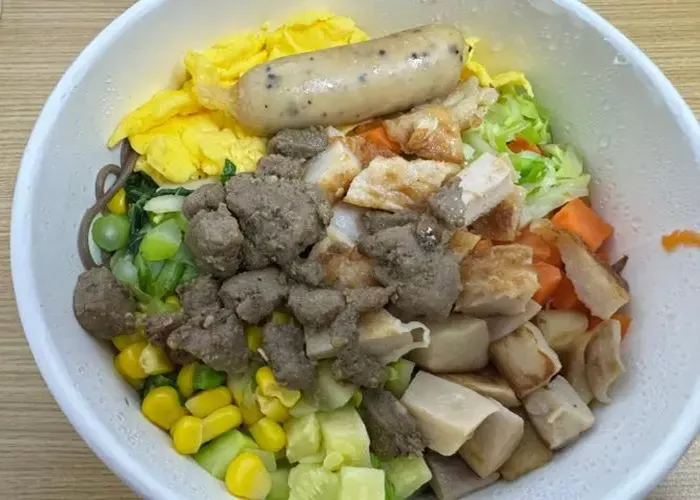Muscle recovery is an essential aspect of any fitness routine. After a workout, the body needs time to repair and rebuild muscle tissue. Proper nutrition can help support this process and promote faster muscle recovery. In this article, we will explore the science behind what to eat or drink for muscle recovery and discuss the importance of macronutrient balance, micronutrient intake, hydration, and meal timing.
The Importance of Macronutrient Balance
Macronutrients, including protein, carbohydrates, and fats, are essential for muscle recovery. Consuming a balanced diet that includes all three macronutrients can help provide the body with the energy and nutrients it needs to repair and rebuild muscle tissue.
Protein is particularly important for muscle recovery, as it provides the building blocks for muscle tissue. Consuming protein-rich foods, such as lean meats, fish, eggs, and beans, can help support muscle recovery.
Carbohydrates are also important for muscle recovery, as they provide the energy needed to fuel the body during exercise and support muscle recovery after a workout. Consuming complex carbohydrates, such as whole grains, fruits, and vegetables, can help provide sustained energy and support muscle recovery.
Fats are important for muscle recovery, as they help regulate hormone production and support overall health. Consuming healthy fats, such as those found in nuts, seeds, and fatty fish, can help support muscle recovery and overall health.
The Importance of Micronutrient Intake
In addition to macronutrients, micronutrients, including vitamins and minerals, are also essential for muscle recovery. Consuming a diet that is rich in a variety of fruits, vegetables, whole grains, and lean proteins can help provide the body with the micronutrients it needs to support muscle recovery.
Some key micronutrients for muscle recovery include vitamin C, which is important for collagen production and tissue repair, and magnesium, which is important for muscle relaxation and recovery.
Hydration
Hydration is also essential for muscle recovery. Consuming enough water throughout the day can help regulate body temperature, support digestion, and promote healthy skin.
Additionally, staying hydrated is particularly important during exercise, as dehydration can lead to decreased performance and increased risk of injury.
Meal Timing
Meal timing can also play a role in muscle recovery. Consuming regular meals throughout the day can help regulate blood sugar levels and provide sustained energy.
Additionally, consuming protein-rich foods before and after exercise can help support muscle recovery and repair, which is essential for overall fitness.
Foods and Drinks for Muscle Recovery
In addition to the macronutrients and micronutrients discussed above, there are specific foods and drinks that can help support muscle recovery. These include:
Tart cherry juice: Tart cherry juice contains antioxidants and anti-inflammatory compounds that can help reduce muscle soreness and promote faster muscle recovery.
Salmon: Salmon is rich in omega-3 fatty acids, which can help reduce inflammation and support muscle recovery.
Greek yogurt: Greek yogurt is high in protein and can help support muscle recovery and repair.
Quinoa: Quinoa is a complex carbohydrate that can provide sustained energy and support muscle recovery.
Dark leafy greens: Dark leafy greens, such as spinach and kale, are rich in vitamins and minerals that can support muscle recovery and overall health.
Potential Challenges
While proper nutrition is essential for muscle recovery, there can be challenges along the way. Some common challenges include:
- Limited access to healthy food options, particularly in low-income areas.
- Time constraints that make it difficult to prepare healthy meals.
- Social pressures to consume unhealthy foods or overindulge.
- Emotional eating habits that can lead to overconsumption of unhealthy foods.
- Lack of knowledge or education about healthy eating habits.
It is important to recognize these challenges and develop strategies to overcome them in order to support muscle recovery and maintain overall health and fitness.
Conclusion
Consuming a balanced diet that includes a variety of macronutrients and micronutrients is essential for muscle recovery. Additionally, staying hydrated and consuming regular meals throughout the day can help support muscle recovery and repair.
By incorporating specific foods and drinks, such as tart cherry juice, salmon, Greek yogurt, quinoa, and dark leafy greens, into your diet, you can further support muscle recovery and maintain optimal health and fitness. Remember, proper nutrition is a key component of any fitness routine and can help you achieve your fitness goals and live your best life.
Related topic:


